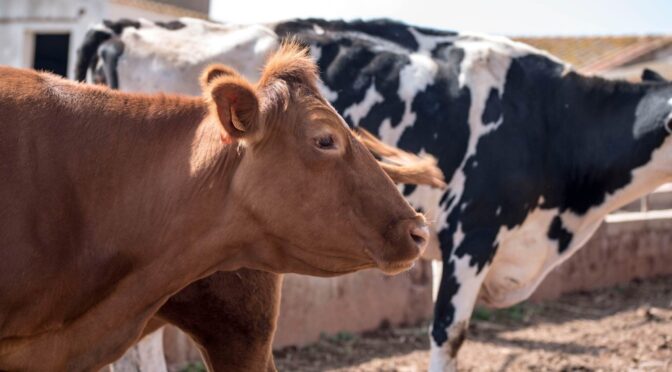Views: 1270
A few years have now passed since the latest wave of people from other backgrounds buying houses and properties on the island began in Menorca. At the very start of the current century’s first decade, changes in ownership began to emerge.
People with high purchasing power discovered a well-preserved territory with services, identity, safety, and social discretion. This is shaping a new scenario in terms of landowners, aesthetics, commerce, and accommodation. The assessment of this shift is complex—just like society itself.
Emotional attachment to a territory can come from birth or from adoption. Neither path guarantees true affection. In fact, history reveals a wide variety of cases.
When the tourism phenomenon arrived on the island in the second half of the last century, coastal areas went from being scorned (due to limited agricultural value) to becoming the most coveted lands (because of their urban development potential).
In this new context, some landowners chose to take pride in preserving their ancestral heritage rather than handing their land over to the new cement-driven economy. Others—also Menorcans from old local lineages—became major beneficiaries of the coastal transformation.
With the following generation, which brought more heirs to satisfy, the number of those wanting to urbanise the coastline grew significantly. Years of social confrontation over the island’s future were postponed until the turn of the century, involving both local and foreign developers.
So the menu has included a bit of everything, and we can expect it to remain varied. Among new owners, the difference often lies in whether they choose to live on the island out of fascination (although they could live anywhere in the world), or whether they see it as a suitable and temporary place to carry out profitable real estate or other transactions.
Some are making interesting investments in the countryside, contributing to economic diversification and the recovery of lost environmental values. These are reconversions that the public sector will never undertake, and which local landowners have not wanted to do (hence why they sold).
On the other side of the coin, there are lands managed by entrepreneurial farmers, committed to the environment and the future, who face great uncertainty when the property they work is put up for sale. Likewise, housing prices are rising due to the presence of new foreign buyers as well as local tourist rentals.
We must be able to discern realities and anticipate effects. Some are making genuine agricultural commitments, while others employ gardeners dressed as farmers just to meet agritourism requirements. Some speak of water-saving efforts, yet convert seven cisterns into swimming pools.
Undesirable operations that emerge in high-capital environments must be regulated with clear rules that safeguard the common good. Private profit should only be encouraged if it results in positive outcomes for the island.
There are major challenges still to be addressed, and they are increasingly coming to the forefront. But understanding the intentions that existed for certain places—and seeing their current state—can offer hope, and teach us to look beyond origin alone when evaluating someone’s relationship with this land.
(This text is an adaptation of the original article published by Miquel Camps, as coordinator of territorial policy for the GOB, in the Menorca newspaper on 12/05/2025).

